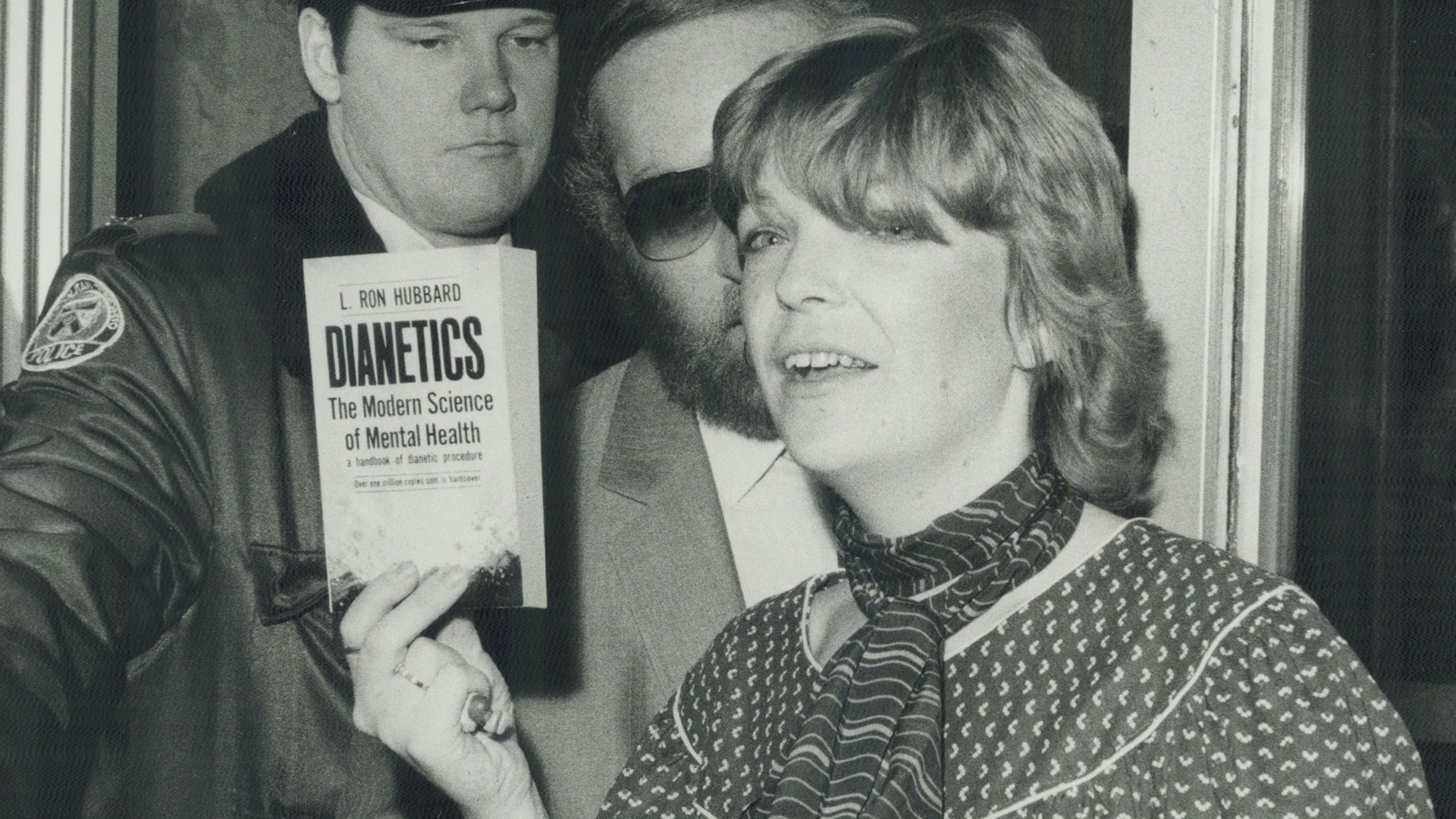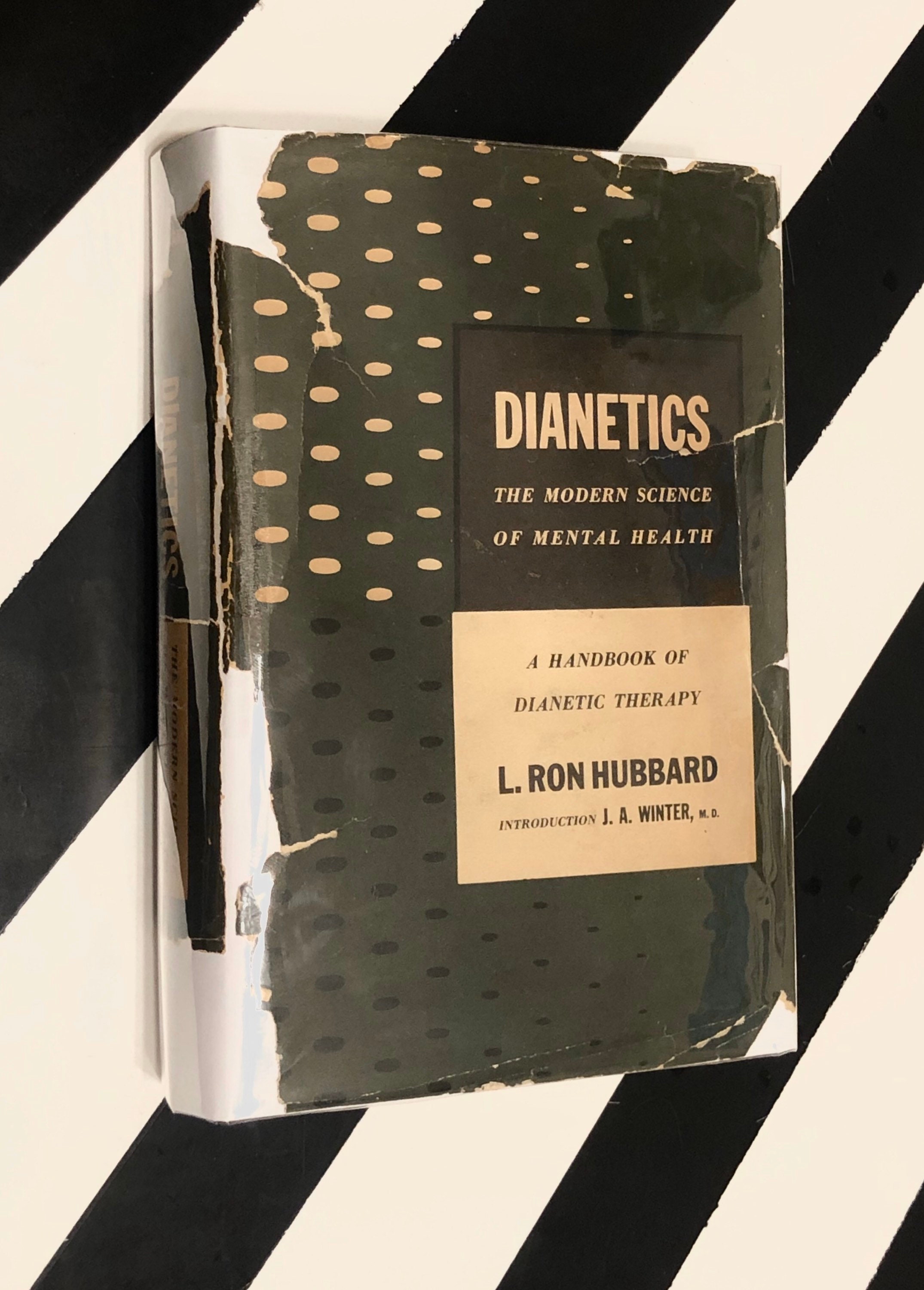Getting My Dianetics To Work
Getting My Dianetics To Work
Blog Article
A Biased View of Dianetics
Table of ContentsThe Greatest Guide To DianeticsThe Basic Principles Of Dianetics Little Known Questions About Dianetics.The 30-Second Trick For Dianetics
I couldn't ever not wish to get anything that enters your mind for you- if it was otherwise, I wouldn't be resting below with you, doing this. I not only might never ever have a trouble, or otherwise want to hear something that comes to mind for you, yet I'm totally excited to understand every idea, every thought, every photo or sensation that emerges or manifests for you- do not ever think or else, and if for some factor you do, please just let me know! Sometimes, you might have an idea, and image, concept or event pop up that does not appear to address the concern, or connect to it, but however, constantly do inform me regarding it, and as we proceed, the significance will emerge for you.This is fundamental in the basis of processing, and the topic of this discussion: the basic roles of the therapist and the client: The fundamental duty of the therapist is, in contrast to "standard training", not to regulate, which indicates to implement and/or inhibit, yet to instead function from the basis of EMPOWERING THE CLIENT.

The Dianetics Statements
John Mcmasters shared this standard truth wonderfully well in among his lectures on Power handling, where he discusses exactly how he was asked what this "unique flair" was that he had for providing such terrific sessions; he needed to consider that for a minute, and identified that it was what he wasn't doing, in addition to what he was doing: he wasn't assessing, judging, computing, or in fact, producing any kind of thoughts, allow alone spoken expressions, after giving the command and while waiting on the PC to finish their response to their contentment; he was, simply and only, existing with the computer, and completely interested.
The function of the counselor, demonstrated; that was his "unique knack". I have had my own experience which educated me this well, really at an early stage in the game. In 1982, having just recently finished my training and teaching fellowship on New Age Dianetics, I was running this on a COMPUTER, and there was a factor in the session where (being a little bit damp behind the ears not yet having several hours under my belt as a professional auditor) the PC seemed to be "taking also long" to share anything verbally after I gave him a command.
This key ended up being one of the most valuable contribution that John ever before made to the topic of treatment or bookkeeping (Dianetics). In my simple viewpoint, it is the best payment that anyone has actually ever before made to these subjectsthe application is completely non-judgemental, non-evaluative, and without any idea, guidance or opinion.no preconceived schedule for individuals, or 'degrees' that they must do
In Scientology we prided ourselves on not assessing for people. All that actually indicated was that the auditor did not VERBALLY examine for the Computer in session.
Everything about Dianetics

Any person who had actually ever before seen John audit might not aid however notice a special quality in his bookkeeping."The customer's fundamental duty is to be there with the function of relocating the direction of their spiritual goals, and to easily and fully share and experience whatever materializes for them in addressing the concerns and carrying out the directions in the processing.
This is something to process as required. Additionally, people often have previous experience and/or indoctrination in auditing/processing which, in some means, and to some web degrees, actually misleads them into perspectives, ideas and habits patterns that protect against the full realization of these functions, and so they will have a tendency to hinder the expressing of what comes to mind, as in the instances offered over - Dianetics. * The first, and maybe primary instances of mis-indoctrination leading to less than entirely smooth and reliable sessions, can be found in certain aspects of the training routines, or "TR's":"TR's" are commonly an individual's initial, or a minimum of early, experience in Scientology, and while I will go on to describe what I view as the imperfections in principle and technique, however, often tend to be substantially healing, done as they are offered (Hubbard urges that "TR's are not refining, they are educating", yet factually, they are both handling AND training)
Alan Walter made comparable observations, and enhanced these with his "Existence Processes". There is no "flunking", and no denial of the truth of this being handling. The emphasis, as it must be, is on experiencing the various other person's visibility. All the symptoms which obtain a "fail" in doing "TR-0" are simply the being's efforts to withstand the various other person's existence, and instead of being bothered and badgered with "Flunk", which enforces "failing!" on the being, one just requires to be encouraged to "stick their feet in the water a little much deeper", to significantly refurbish their capacity and willingness to totally share and experience "being right here", or "presence", with others.
Get This Report about Dianetics

Report this page